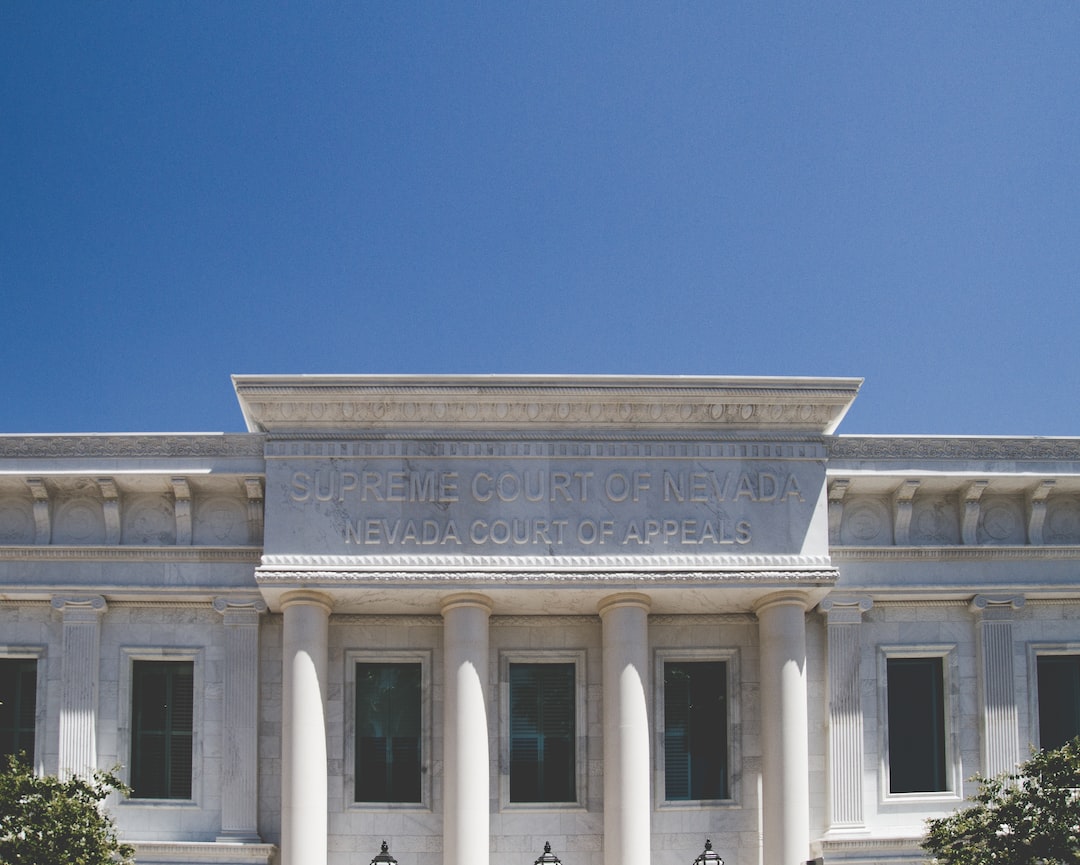The Impact of Technology on Privacy Law: Balancing Innovation and Personal Rights
The rapid advancement of technology has brought numerous benefits and conveniences to our society. However, it has also raised concerns about the erosion of personal privacy. As we become more interconnected and reliant on technology, privacy laws are struggling to keep pace with these advancements. The delicate balance between promoting innovation and safeguarding personal rights becomes increasingly challenging to maintain.
One prominent area where technology has disrupted privacy law is in the realm of data collection and surveillance. With the proliferation of smart devices and the Internet of Things (IoT), everyday objects are now equipped with sensors and connectivity, continuously collecting and transmitting data about our behaviors and preferences. While this data can be incredibly valuable for businesses, it raises serious privacy concerns for individuals.
This data-driven world has also given rise to extensive surveillance practices by both corporations and governments. With the advent of facial recognition technology, for example, cameras can easily identify individuals in public spaces. While this technology has its merits, such as enhancing security measures, it also infringes on our right to privacy and raises concerns about potential misuse or abuse.
The use of big data analytics is another technological innovation that has challenged privacy laws. Companies can now collect and analyze massive amounts of personal data to make predictions and develop targeted marketing strategies. While this can lead to more personalized experiences, it also raises ethical questions regarding the responsible handling and protection of personal information.
Moreover, privacy laws are faced with the challenge of addressing the impact of emerging technologies such as artificial intelligence (AI) and machine learning. These technologies have the potential to revolutionize various sectors, including healthcare, finance, and transportation. However, they also raise concerns about data privacy and security, algorithmic bias, and potential discrimination.
In response to these advancements, lawmakers and regulators have recognized the need to adapt privacy laws to keep pace with technology. The General Data Protection Regulation (GDPR) in Europe, for example, is a comprehensive law that aims to protect individuals’ privacy rights in an increasingly digital world. It establishes strict rules for the collection, processing, and storage of personal data and grants individuals greater control over their information.
Privacy by design is another concept gaining traction in the legal and technological spheres. It advocates for privacy considerations to be integrated into the design and development of products and services. By embedding privacy protection into the earliest stages, businesses can proactively address privacy concerns before they become critical issues.
However, while the law attempts to address these concerns, the dynamic and ever-evolving nature of technology poses an ongoing challenge for privacy legislation. Laws that are too rigid may stifle innovation, while laws that are too flexible may fail to protect individuals adequately. Striking the right balance between promoting innovation and protecting personal rights is not a straightforward task.
Ultimately, the impact of technology on privacy law requires a multidisciplinary approach. Lawyers, technologists, policymakers, and consumers must collaborate to develop effective, adaptable, and comprehensive privacy laws. Ethical considerations need to be at the forefront of technological advances so that innovation and privacy can coexist harmoniously.
In conclusion, the impact of technology on privacy law is a complex and evolving issue. While technology continues to advance at an unprecedented rate, privacy laws must adapt to protect individuals’ fundamental rights. Striking the delicate balance between innovation and personal rights is a multifaceted challenge that requires collaboration from all stakeholders. Ultimately, it is essential to foster an ongoing dialogue between technology and privacy to create a future where both can thrive harmoniously.


